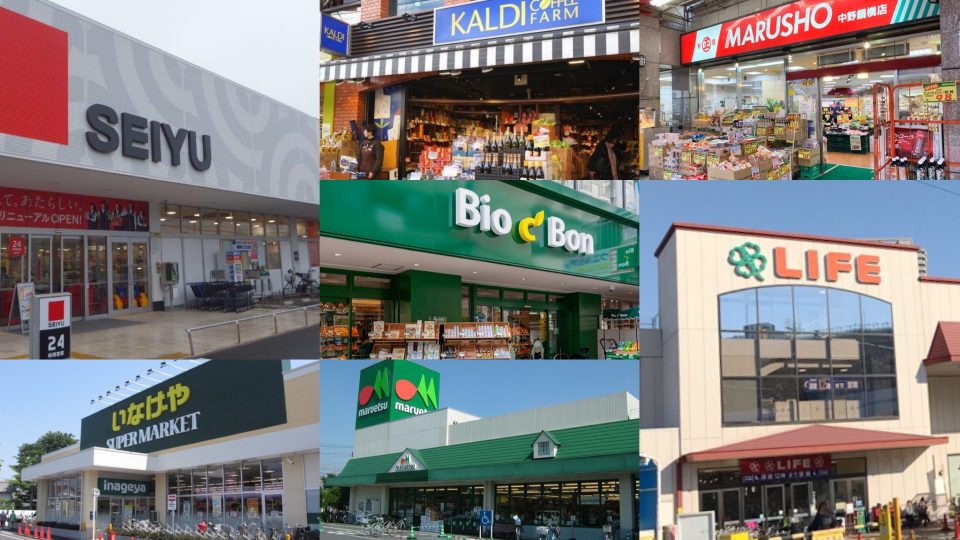Japan has one of the most unique and diverse food cultures in the world, and its food market reflects this. From traditional Japanese dishes to international cuisine, the food market in Japan offers something for everyone.
One of the most notable features of the Japanese food market is its emphasis on quality and presentation. Japanese consumers demand high-quality ingredients and attention to detail in their food, and this is reflected in the products available at supermarkets and specialty food stores.
Traditional Japanese cuisine, such as sushi, ramen, and tempura, is widely available throughout Japan. Local specialties also vary from region to region, with dishes like okonomiyaki in Osaka and takoyaki in Tokyo.
In addition to traditional Japanese cuisine, Japan also has a thriving international food scene. American fast food chains like McDonald’s and KFC are popular in Japan, but the country also has a love for Italian, French, and other international cuisines.
The food market in Japan is also heavily influenced by seasonal changes, with different types of produce and seafood available depending on the time of year. This means that Japanese consumers often have a strong connection to the land and the seasons, and are eager to try new foods and flavors as they become available.
Overall, the food market in Japan is a reflection of the country’s rich culinary traditions and global outlook. With a focus on quality, presentation, and variety, Japan’s food market is a must-visit destination for food lovers from around the world.
Japan has a thriving supermarket industry that offers a diverse range of products to consumers. The industry is dominated by large chains such as Aeon, Seven & i Holdings, and Lawson, among others. These supermarkets offer a wide variety of food items, ranging from fresh produce to packaged goods and beverages.
One of the notable characteristics of Japan’s supermarket industry is its emphasis on quality and customer service. Supermarkets in Japan are known for their cleanliness, well-organized displays, and attentive staff who are willing to provide customers with assistance and guidance.
Another interesting aspect of Japan’s supermarket industry is the popularity of “depachika,” or basement food halls. These are located in the basement levels of department stores and offer a variety of food items from different regions of Japan and around the world. Depachika are particularly popular among tourists and are often regarded as must-visit destinations.
In recent years, the Japanese supermarket industry has also embraced online shopping and home delivery services. Consumers can now purchase their groceries online and have them delivered to their doorstep, which has become increasingly popular, particularly during the COVID-19 pandemic.
Overall, the Japanese supermarket industry continues to grow and innovate, with a focus on providing high-quality products and services to meet the changing needs of consumers.
Some of the major supermarket chains in Japan are:
- Aeon
- Ito-Yokado
- Seiyu
- Life Corporation
- Daiei
- Maruetsu
- Don Quijote
- Summit Store
- Yaoko
- Ozeki Supermarket
These supermarkets are known for their wide range of products, quality service, and customer-oriented approach. Aeon is the largest supermarket chain in Japan, with more than 2,500 stores across the country, followed by Ito-Yokado and Seiyu. These supermarkets offer various products, including fresh produce, processed foods, household goods, and apparel, among others. They also have their own private label brands, which are popular among consumers.



